

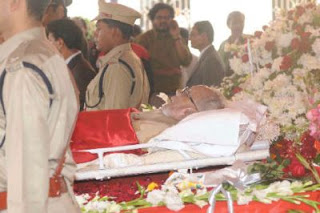
The death of MM Lawrence, a veteran Communist and trade unionist, has sparked a legal battle between his daughter and other family members over his wish to donate his body for medical research. The case has brought to the forefront the complexities that arise when religious and family sentiments clash with personal end-of-life choices. The Kerala Yuktvadi Sangham and AT Kovoor Trust are fighting to protect the rights of individuals over their dead bodies, as they face challenges in enforcing the existing Kerala Anatomy Act.
Body Donation: Clash of Sentiments and Personal Choices
Body donation is the voluntary gift of one's body or organs after death for medical research, education, or transplantation. While it is a selfless act that can advance scientific knowledge and save lives, it has also sparked ethical, religious, and family conflicts.
The recent case of MM Lawrence, a veteran Communist and trade unionist, has highlighted the complexities surrounding body donation. Lawrence's wish to donate his body for medical research was contested by his daughter, who objected on religious grounds.
Kerala Anatomy Act
The Kerala Anatomy Act, 1970, governs body donation in the state. It allows individuals to make a written declaration of their intention to donate their bodies for specified purposes. However, if the declaration is not made or is not valid, the next of kin has the authority to decide on body disposition.
Legal Battle
Lawrence's daughter's challenge sparked a legal battle between her and other family members. The Kerala Yuktvadi Sangham and AT Kovoor Trust, two organizations representing Lawrence's supporters, intervened in the case to protect his right to body donation.
The court ruled in favor of the family members who supported Lawrence's wish. It held that the Anatomy Act gives precedence to the written declaration of the deceased over the objections of the next of kin.
Clash of Sentiments
The case has brought to light the clash between personal end-of-life choices and religious and family sentiments. Some religions view cremation or burial as the only acceptable ways to dispose of the body. Others may object to the idea of their loved ones' bodies being used for research or transplantation.
Top 5 FAQs on Body Donation
Q1: Who can donate their body? A: Legally competent adults can make a written declaration of body donation.
Q2: What are the uses of donated bodies? A: Medical research, education, and surgical training.
Q3: Is body donation legal? A: Yes, it is legal in most countries, including India.
Q4: Can my family override my wish to donate my body? A: In India, the next of kin has the authority to override the deceased's declaration if it is not made in writing or is invalid.
Q5: Is it possible to donate organs and also donate my body? A: Yes, it is possible to donate both organs and the remaining body for medical purposes.
Conclusion
Body donation is a complex issue that involves ethical, religious, and legal considerations. The Kerala Anatomy Act and recent court rulings have emphasized the importance of respecting the wishes of deceased individuals who have made a voluntary declaration to donate their bodies. However, the clash between personal choices and family sentiments remains a sensitive issue that requires ongoing dialogue and understanding.
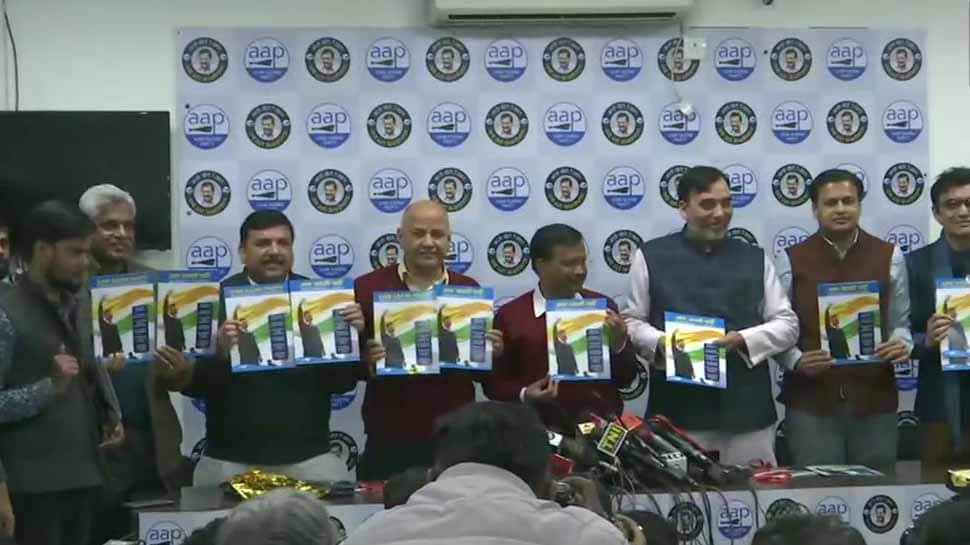
The Aam Aadmi Party (AAP) has launched its 'Revdi Par Charcha' campaign for the upcoming 2025 Delhi assembly elections, promising six major guarantees to the citizens. This includes free electricity, water, education, healthcare, transportation, and a special program for senior citizens. AAP leader Arvind Kejriwal warned against voting for the BJP, stating that their policies could put an end to these benefits. The party plans to conduct 65,000 meetings to spread awareness about their campaign.
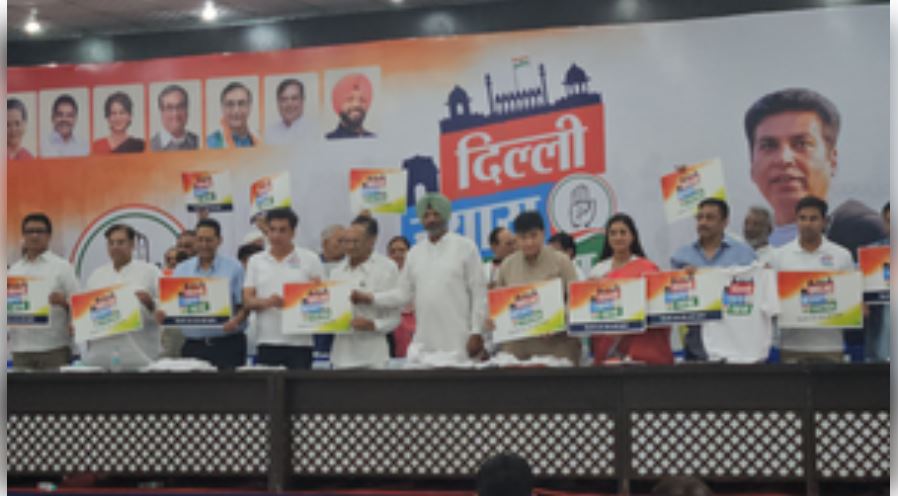
The Delhi Congress has kicked off its 'Delhi Nyay Yatra' with the aim of unmasking the corrupt practices of the Aam Aadmi Party government. This yatra, which will last for a month, is seen as a strategy to regain the Congress' lost ground in the city before the upcoming Delhi Assembly polls in February. Party leaders, including former Delhi Assembly Speaker Ajay Maken and Delhi Congress Chief Devender Yadav, have come together to highlight the failures of the Kejriwal government and connect with the residents of the city. Inspired by Rahul Gandhi's 'Bharat Jodo Yatra', the Delhi Nyay Yatra holds great significance in the party's efforts to expose and criticize the incumbent government.
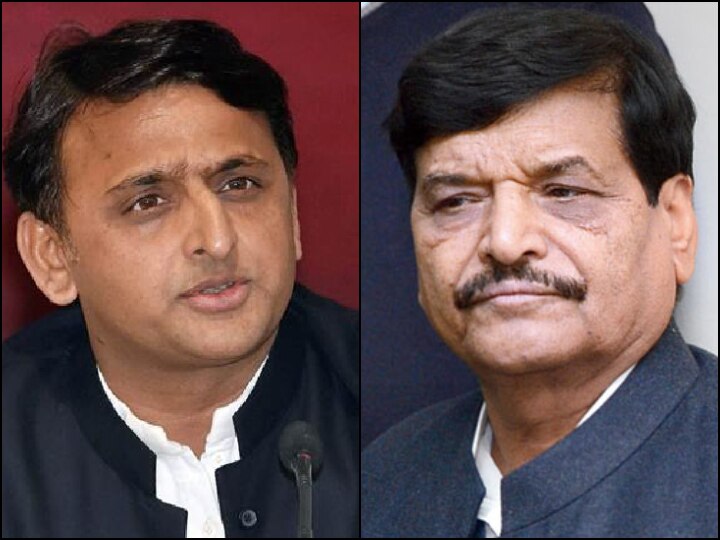
Delhi Congress chief Devender Yadav has declared that there will be no alliance between his party and the Aam Aadmi Party (AAP) for the upcoming Assembly elections in the Union Territory. He acknowledged the mistake made in the 2019 Lok Sabha election and clarified that it would not be repeated in the future. This comes after senior Congress leader Mateen Ahmed's decision to join the AAP, along with his son and daughter-in-law. Yadav has firmly stated that the defection of party members will not affect their decision and that the people of Delhi have faith in the Congress.

West Virginia Governor Jim Justice recently vetoed a bill that would have expanded exemptions for vaccines for school-age children. While the governor had signed several bills earlier in March, this particular bill was met with controversy as some argued that it could potentially harm the health of students and put them at risk for preventable diseases. With the state's low vaccination rate being a concern, this veto has sparked debates and discussions on the importance of vaccinations and public health policies.
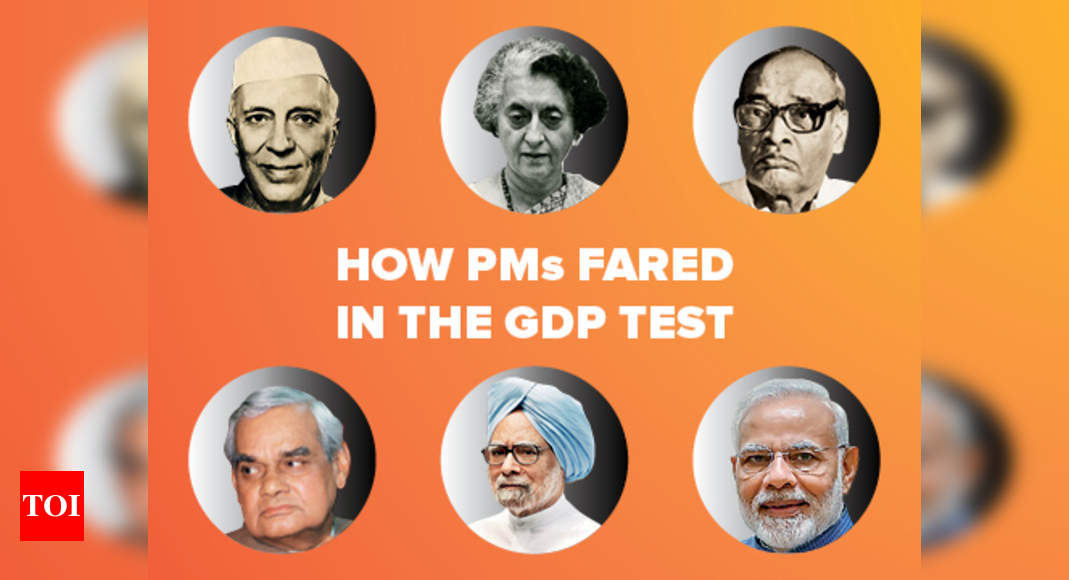
As the highly anticipated Border-Gavaskar Trophy between India and Australia unfolds, the discussion shifts to a different kind of contest - the impact of Indian Prime Ministers on the country's economy. With the likes of Narendra Modi, Manmohan Singh, and Indira Gandhi at the forefront, this debate has been ongoing for decades. With newcomers Harshit Rana and Nitish Kumar Reddy making their Test debuts, the question arises - which Indian PM has made the biggest impact on the economy? This analysis delves into the policies and actions of past Indian leaders and the impact on the country's economic growth.
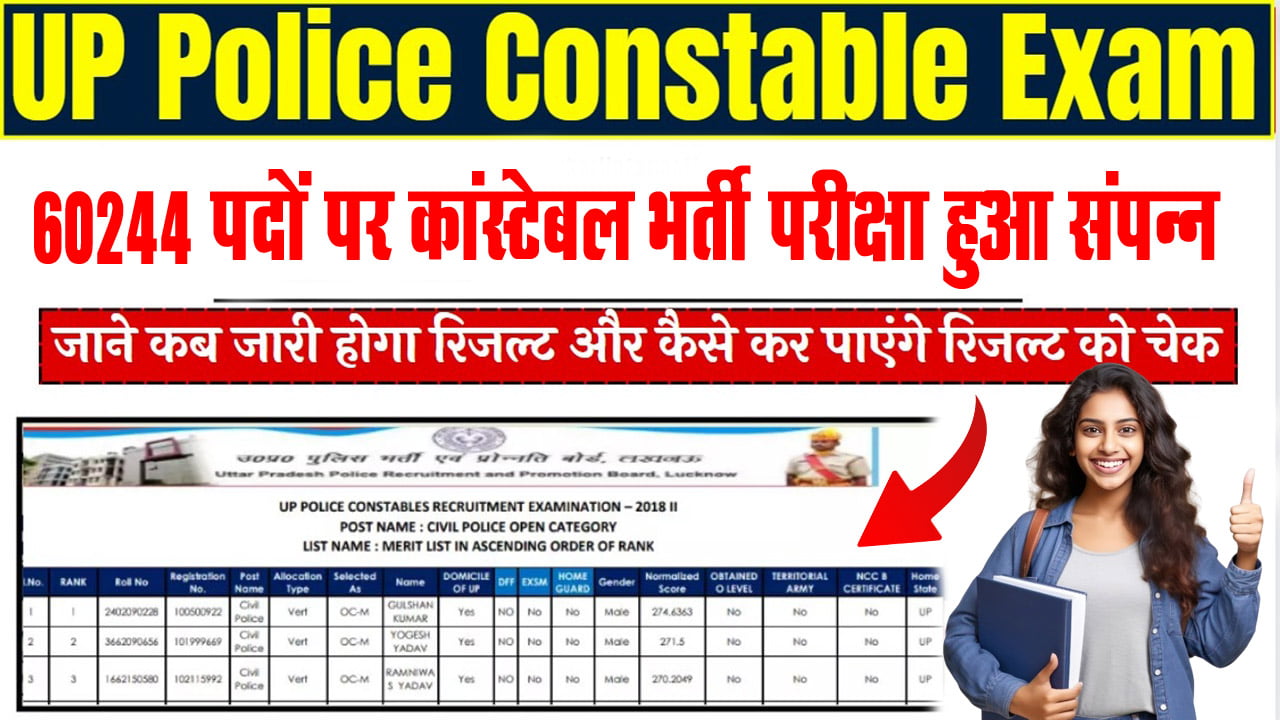
The UP Police Recruitment and Promotion Board has released the results for the police constable exam, with 25 dropped questions from the answer key. Candidates can check their scores on the official website and document verification and PET will be held in December 2024. A total of 60,244 posts will be filled through this recruitment drive, which faced controversies over national-level examinations and saw a participation of 48,17,315 candidates. Here's how to check your result.
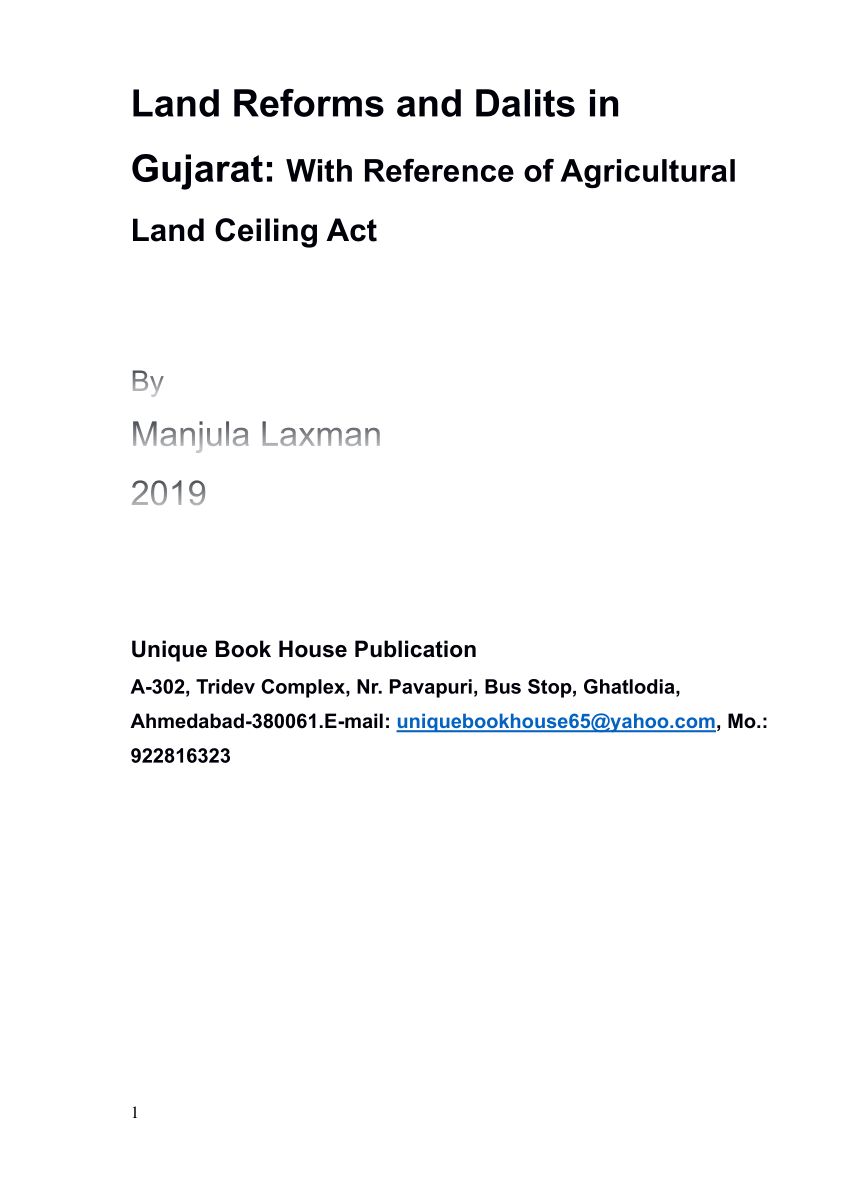
The government of Gujarat, India is set to initiate land reforms following recommendations made in the CL Meena Committee report. The proposed revised Jantri rates will also be made public before implementation. The government has launched a feedback portal for the revenue department in order to address public complaints and improve efficiency. The department is also using satellite imaging to identify encroachments on government land and address issues of corruption.
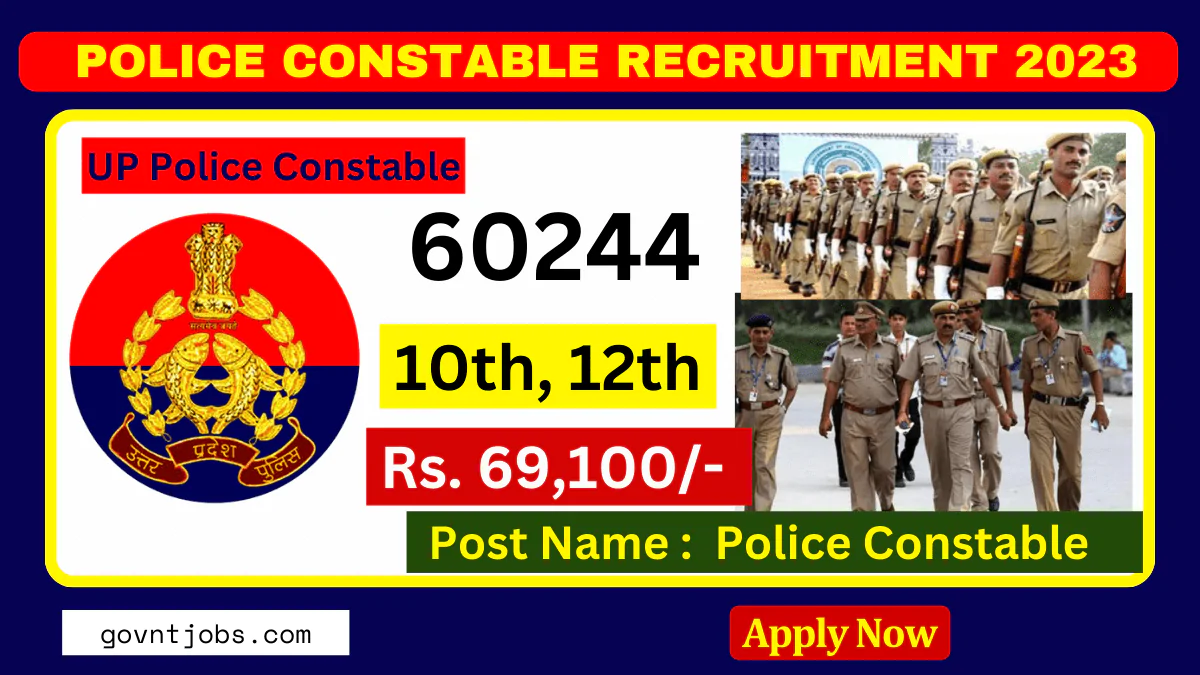
The results for the 2024 Uttar Pradesh Police Constable recruitment exam have been announced by the Uttar Pradesh Police Recruitment and Promotion Board (UPPRPB). Successful candidates are now eligible for the next stages, including document verification and physical standard tests. These steps are part of the Government's efforts to prevent malpractice and ensure the safety and integrity of the examination process. The exam was conducted across 67 centres in the State and included extensive security measures and free bus services for candidates' convenience.
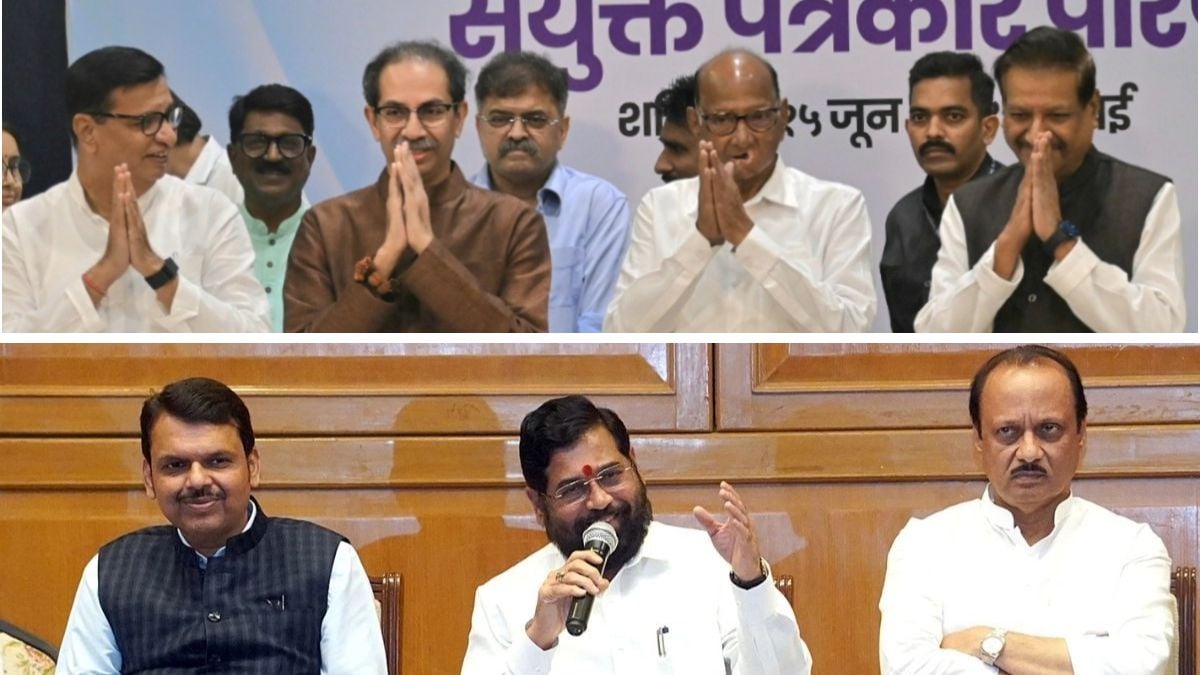
The much-anticipated Maharashtra Assembly Elections for 2024 kicked off on Wednesday, with all 288 constituencies heading to the polls. With a total of 4,140 candidates in the running, the real competition lies between the Maha Vikas Aghadi (MVA) and Mahayuti alliances. The MVA, composed of Shiv Sena (under Uddhav Thackeray), NCP (led by Sharad Pawar), and Congress, is going head to head with Mahayuti, which includes Shiv Sena (under Eknath Shinde), NCP (under Ajit Pawar), and BJP. Mark your calendars for key dates of the election: Gazette Notification on October 22, Last Date for Nominations on October 29, Nomination Scrutiny on October 30, Last Date for Withdrawal of Nominations on November 4, and Voting Day on November 20.